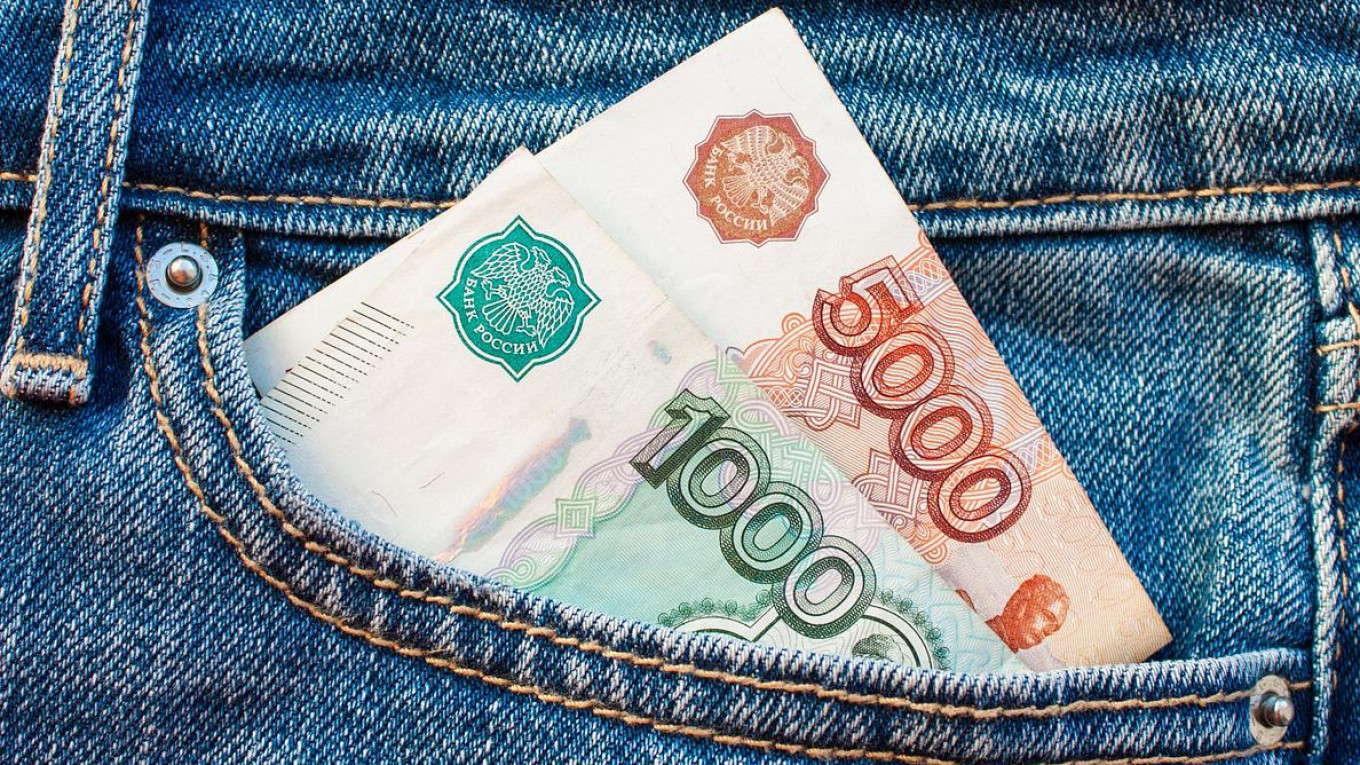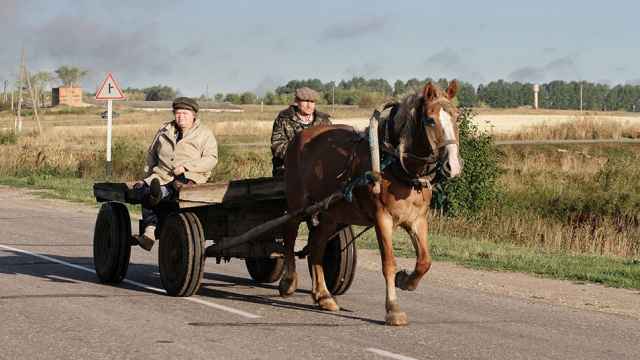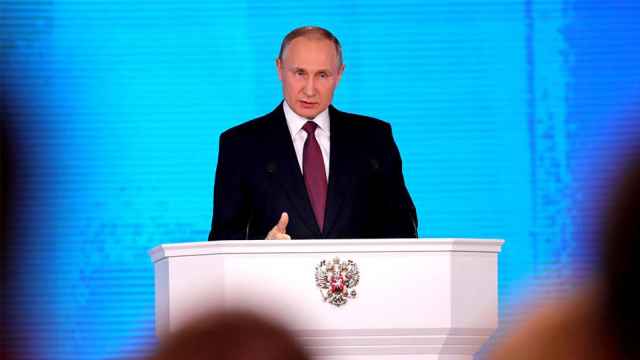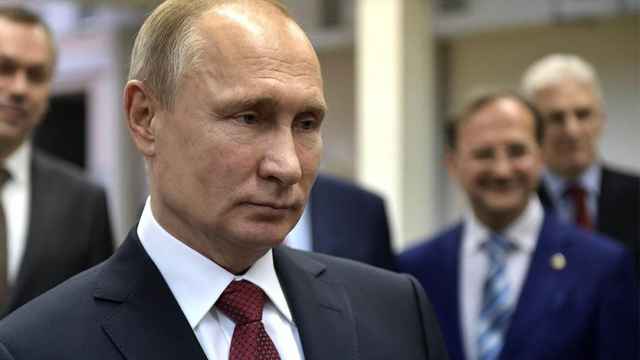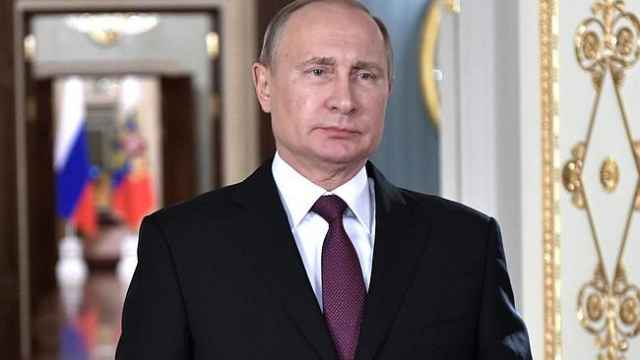When Vladimir Putin inevitably prevails in the March 2018 presidential elections, he is expected to have a readymade plan for improving Russia’s economy. This month, former Finance Minister Alexei Kudrin will unveil a new “Strategy for Modernizing the Economy and Social Institutions” in a meeting with President Putin. The plan’s stated aim — GDP growth rate of 3.5 percent or higher — has been shaped by Putin himself.
But even if the president supports the plan, recent experience suggests Kudrin’s proposals will face major challenges. To jumpstart the economy, Russia will need to increase labor efficiency, Kudrin told the TASS news agency. For this reason, he suggests significantly upping public spending on education and healthcare — by 0.8 and 0.7 percent of GDP, respectively.
Kudrin plans other big changes, too. Over the course of the next presidential term, 150 key Russian universities will be upgraded and equipped with the latest scientific technology. Life expectancy should grow from 71.5 to 76 years. And 0.8 percent of GDP should be spent on building high-speed roadways and improving transportation.
Other than this, details remain sparse. Excluding his comments in the interview, Kudrin has kept this draft economic plan secret. “We won’t present it to the public,” he told TASS. “It’s the president’s strategy and it’s for him to decide what expert suggestions to approve and what he will be able to negotiate with the nation.”
One question towers over the plan: Where will the money come from? In his interview with TASS, Kudrin suggests diverting some oil revenues to spending. He also suggests increasing the public deficit from 1 percent to 1.5 percent. A decrease in spending on defense and the state apparatus will provide additional funding. Russia’s economists have long called for a spike in funding to education and healthcare at the expense of defense, national security and other state expenditures. They argue that countries with GDP similar to Russia’s usually spend more on these services.
The logic for higher education and healthcare spending makes sense, says analyst Kirill Rogov. But the problem is that, according to Kudrin, Russia’s public deficit has to be decreased from its expected rate in 2017 — 3.2 percent of GDP — to 1.5 percent. “We don’t have a clear answer on how this will be achieved,” Rogov says. “It’s still a secret.”
Over recent months, policymakers have debated raising taxes and the retirement age to replenish the state budget. So far, however, no decisions have been announced. It is also unclear what this plan would look like in practice.
Over a year in development, the ideas in the plan have already been harshly criticized for their excessive optimism. Critics said they ignored the downsides of Putin’s power vertical: overwhelming corruption, insecure property rights, a lack of public debate and political competition, censorship, and a stage-managed judiciary.
The final plan will likely ignore these systemic problems. “The crucial element lacking in Kudrin’s calculations is why the economy started losing growth in 2012 and 2013,” Rogov says. Even before the collapse of oil prices in 2014, Russia’s economy showed zero growth. “We don’t have an answer to this question and we’re not seeing debate about it,” Rogov says. “Without that, it’s difficult to assess the feasibility of Kudrin’s initiatives.”
A Message from The Moscow Times:
Dear readers,
We are facing unprecedented challenges. Russia's Prosecutor General's Office has designated The Moscow Times as an "undesirable" organization, criminalizing our work and putting our staff at risk of prosecution. This follows our earlier unjust labeling as a "foreign agent."
These actions are direct attempts to silence independent journalism in Russia. The authorities claim our work "discredits the decisions of the Russian leadership." We see things differently: we strive to provide accurate, unbiased reporting on Russia.
We, the journalists of The Moscow Times, refuse to be silenced. But to continue our work, we need your help.
Your support, no matter how small, makes a world of difference. If you can, please support us monthly starting from just $2. It's quick to set up, and every contribution makes a significant impact.
By supporting The Moscow Times, you're defending open, independent journalism in the face of repression. Thank you for standing with us.
Remind me later.



